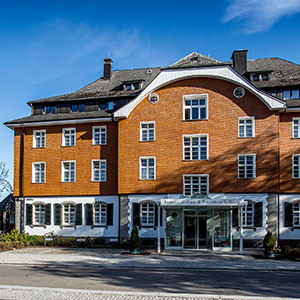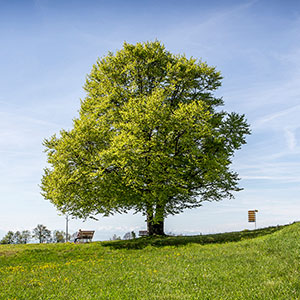Wound care
RAPID WOUND HEALING FOR A BETTER QUALITY OF LIFE
The management of chronic wounds is a particular challenge for both the physicians and the nursing staff providing the wound care. Often they have also serious consequences for the patient and may affect the quality of life.
The adequate approach in dealing with the causes of the wound healing disorders and the use of a suitable wound cover are crucial for the improvement of the patient’s quality of life.
TYPES OF CHRONIC WOUNDs
Depending on the cause, the following wound types can be distinguished: “ulcus cruris” (leg ulcers), diabetic gangrene, “decubitus” and ulcerating tumours. The wounds may be due to general skin conditions caused by circulatory or metabolic disorders (“ulcus cruris”, diabetic foot ulcers), permanent exposure to pressure (“decubitus”) or systemic diseases (ulcerating tumours). The normal wound healing process is impaired or may even be inhibited altogether. Therefore, a holistic approach to wound care is important and even before starting the examination of the wound, all needs of the patient must be taken into consideration and the underlying causes must be carefully evaluated.
STAGES OF WOUND HEALING
Generally, the wound healing process consists of three overlapping phases: the cleansing or exudation phase, the granulation or proliferation phase and the regeneration or epithelialisation phase.
WOUND CLEANSING
For normal wound healing it is essential to remove avital and necrotic tissue as well as greasy films. There are various conservative and surgical treatments for debridement.
Granulationsphase
During the granulation phase it is essential to moisturise the wound permanently in order to prevent the new tissue from drying out. For if the wound gets dry the cells die. This can seriously delay the wound healing process.
EPITHELIALISATION STAGE
The last and crucial step in the wound healing process is the re-epithelialisation. Similarly to the normal granulation tissue, the growing epithelial tissue needs warm and humid conditions to favour the migration of the epithelial cells. However, the wound should be protected from exterior mechanic impacts.


